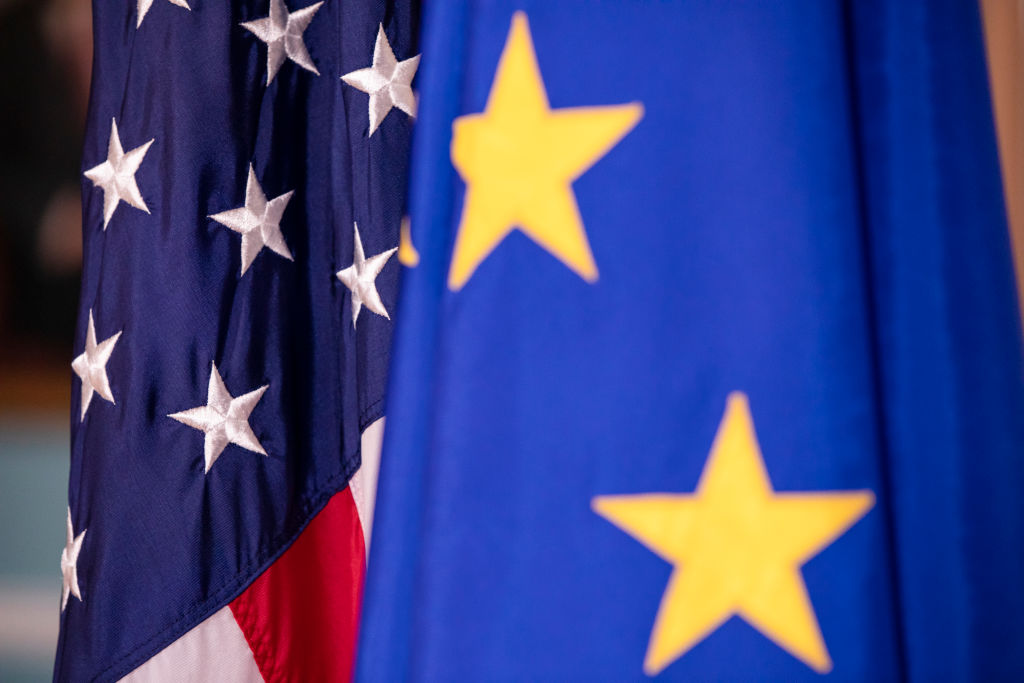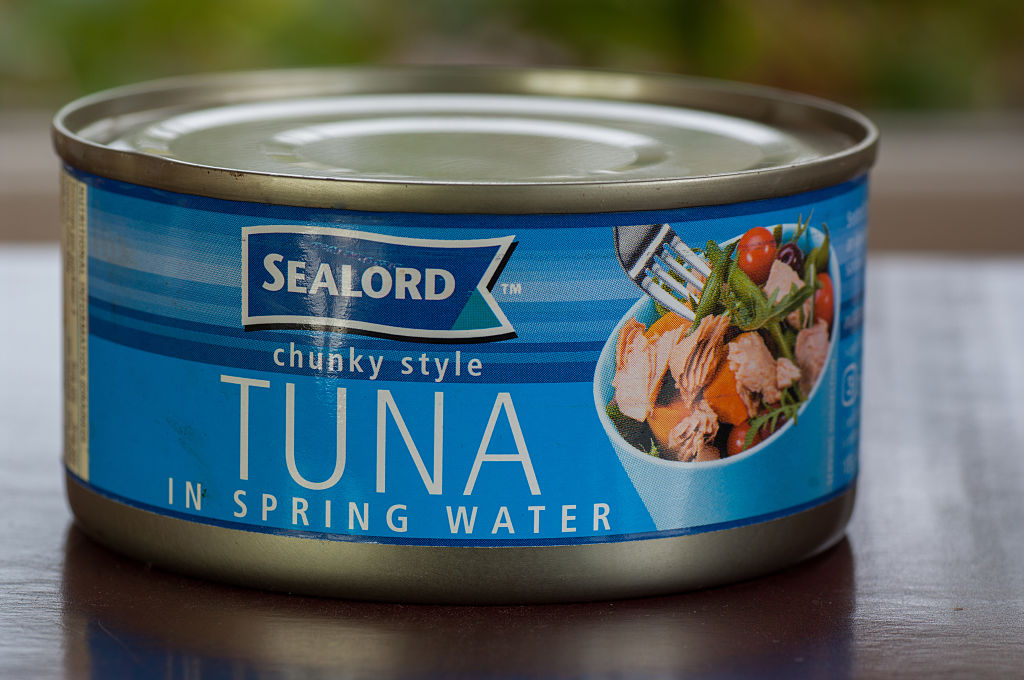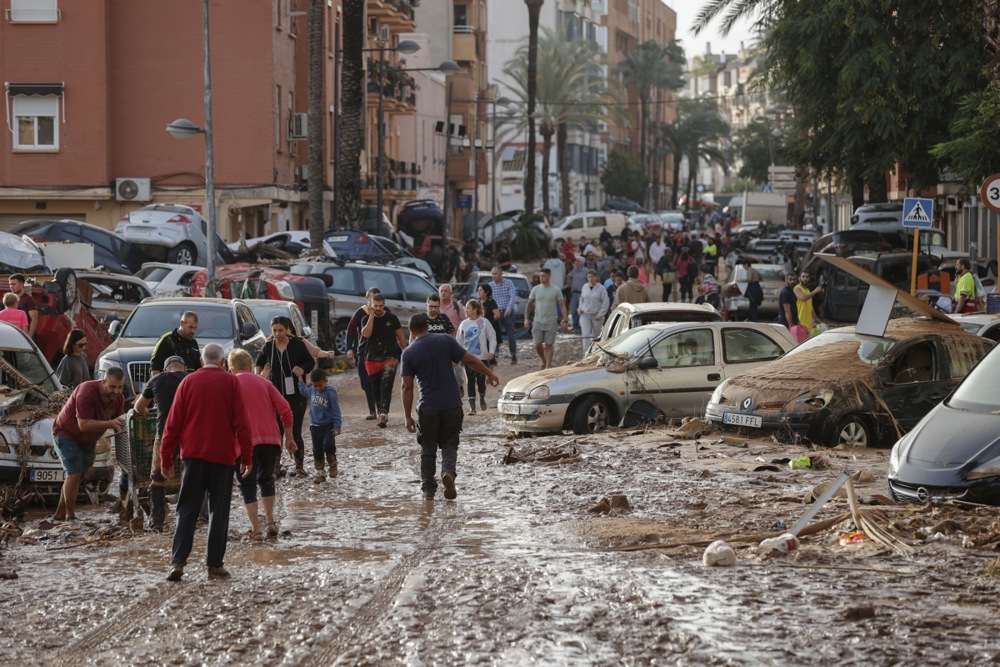European Union Foreign Affairs Chief Josep Borrell has warned that the union is “in danger” in his 300-page book, Europe in the Arc of Fire.
Published on November 21, the book, is divided into six chapters made up of Borrell’s 2024 blogs, speeches and op-eds.
“The events we have had to face during the last several months have – unfortunately – confirmed the diagnosis made earlier: Europe is in danger,” he wrote.
“Our geopolitical environment is deteriorating and conflicts and crises are multiplying on our doorstep,” he added.
As in previous years, we publish a book on EU foreign and security policy in 2024. It is titled “Europe in the “Arc of Fire””, reflecting the many conflicts and crises shaping our geopolitical environment.
Read my main takeaways from this difficult year:https://t.co/MeQ12QJPGd
— Josep Borrell Fontelles (@JosepBorrellF) November 25, 2024
Borrel argued that multiple factors have contributed to threatening Europe’s livelihood.
He cited the Ukraine war, geopolitics tension in the Middle East, the Gaza conflict, trade tension between the EU and China and the US’s growing disinterest in the bloc.
According to Borell ,the most imminent and “existential” threat to the EU remains the war in Ukraine.
“I have already said it many times: Russia’s war of aggression against Ukraine is an existential threat to the European Union. If [Russian President] Vladimir Putin’s Russia were to win in Ukraine, it would inevitably pursue its imperial policy against other neighbours, particularly in Europe” he argued.
“Many in Europe have certainly been woken up by Vladimir Putin’s aggression against Ukraine, but have not yet really got out of bed” he added.
Borell warnings on the possible demise of the EU echoed those of French President Emmanuel Macron, who said on October 3 the EU could be “killed” this year.
The European Union could be “killed” by the rise of the new “multipolar” world order, French President Emmanuel Macron has claimed. https://t.co/q6fIBrmLTg
— Brussels Signal (@brusselssignal) October 3, 2024
Borell also warned of growing resentment toward the West that could hurt the EU.
“There is a serious risk that this conflict could help to solidify a coalition of the ‘rest against the West’, as unfortunately illustrated in October by the BRICS summit in Kazan, Russia,” he said.
It is a fear shared by EU leaders: At the Atlantic Council Global Citizen Awards in New York, also on October 3, Italian Prime Minister Giorgia Meloni outlined her plan to “save” the West from “inevitable decline”, stating that the West should “reclaim leadership via its relationship with the Global South “.
Borrell also emphasised the need for the EU to invest in defence and increase its defence capabilities, which he said had been “weakened by 30 years of silent disarmament since the fall of the Berlin Wall in 1989”.
He called for a European common debt to deal with and to support the EU defence industry.
Not all would agree with his solution to “save” the European Union. The EU defence project pushed by the members of the European Commission has drawn criticism.
In April, EU countries such as Germany, the Netherlands and Denmark expressed concerns over what they saw as the EC’s power grab on defence procurement.
Speaking to Brussels Signal on November 13, Phillipe Olivier, National Rally MEP and special adviser to the party’s Marine Le Pen, argued that the EU used geopolitical tensions as a superstate for more power.
“The European Union see itself as a State. It has given itself a hymn, a flag, courts, a Parliament, internal freedom of movement and a currency. But there are two skills that it does not really have that’s an army and a diplomatic corp. And the EU says to itself with the crisis in Ukraine, I will try to get this diplomatic power,” he argued





